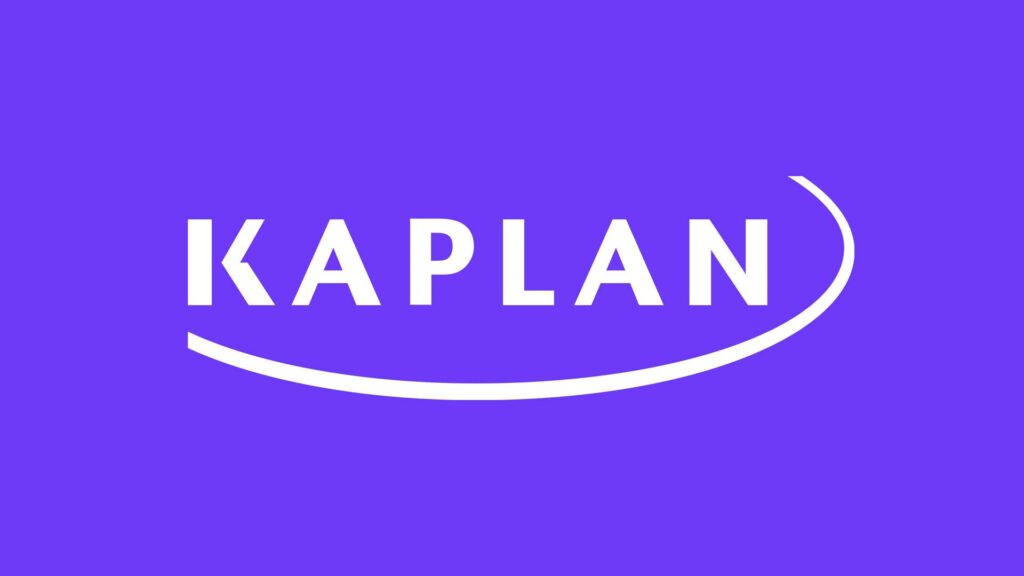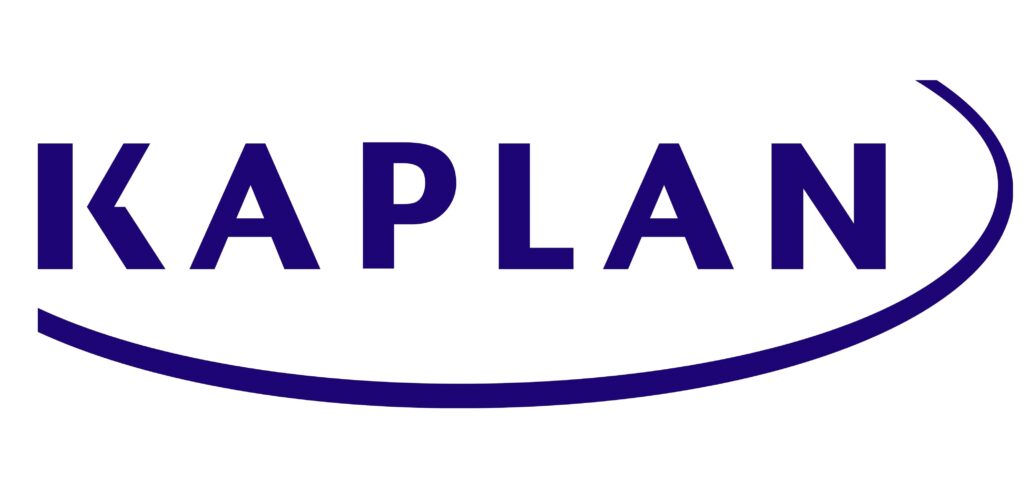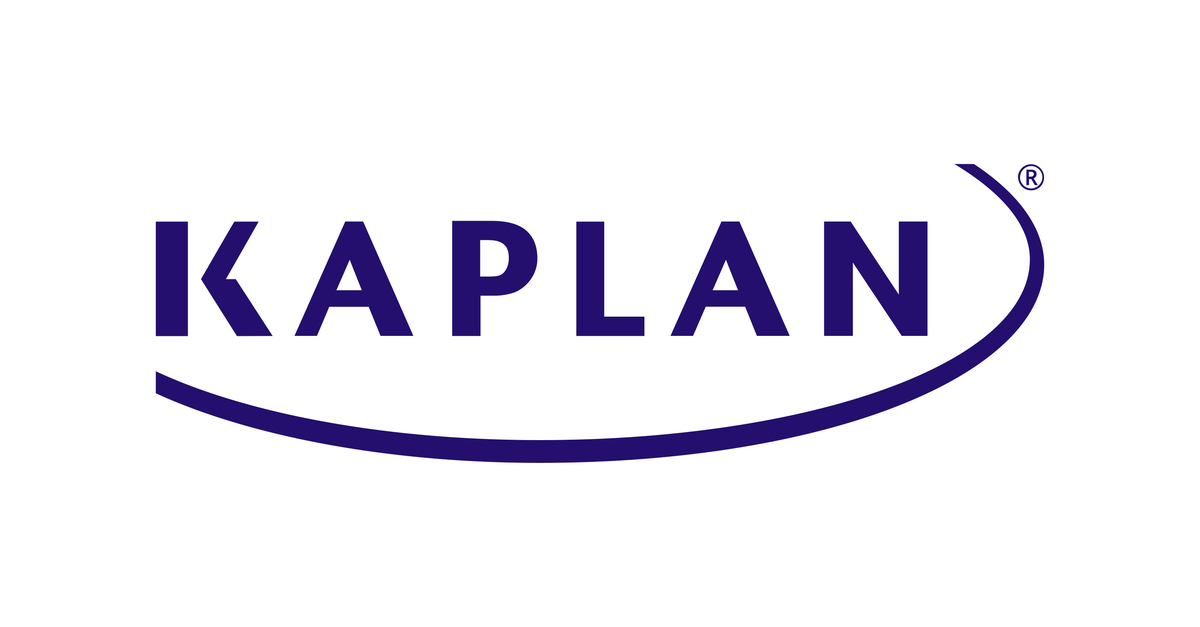Keen on knowing Kaplan net worth? You’ve come to the right place. Kaplan, a prominent player in the education sector, has been generating significant revenue from its diverse offerings. You’ll get a clear picture of Kaplan’s financial health by delving into its major revenue streams, profitability, and expenses. It’s essential to understand how market trends impact Kaplan’s finances and what the future financial projections look like. This comprehensive overview of Kaplan’s net worth gives you the information you need to understand its financial status better.
Understanding Kaplan’s Business Model

While you might associate Kaplan primarily with test preparation services, it’s crucial to understand that they’ve diversified their business model to include more than just this. They’ve branched out into a range of educational services – from K-12 programs to university degrees and professional training. You’re not just getting exam prep, you’re getting a comprehensive educational experience. They’ve also moved into the technology sector, offering innovative online learning platforms. This expansion isn’t just good for business, it’s good for you too. It means you’ve got access to a broader range of resources to help you succeed. So don’t limit your perception of Kaplan. They’re more than just a test-prep company, they’re a full-service educational provider.
Kaplan’s Major Revenue Streams
Diversifying your understanding of Kaplan’s revenue streams, you’ll find that it’s not just test preparation services bringing in the dough for them. Kaplan has multiple sources of revenue that contribute significantly to its net worth. Here are some:
- Test Preparation Services:
- They offer preparation courses for exams like the SAT, GMAT, and LSAT.
- Prep books and online resources are also sold.
- Kaplan University:
- They offer online and campus-based undergraduate, graduate, and continuing education programs.
- Professional Training Programs:
- They provide professional education and training in fields like real estate, insurance, and finance.
Each of these areas contributes to Kaplan’s impressive revenue. By diversifying their services, Kaplan ensures a steady income stream, boosting their net worth and maintaining their position as a leading education provider.
Kaplan’s Profitability Over the Years

Over the years, you’ve seen how Kaplan’s multiple revenue streams contribute to its net worth, but let’s delve into the specifics of its profitability. Kaplan’s profitability isn’t just about the money they make, it’s about how well they use their resources to generate that income. They’ve consistently shown strong profit margins, indicating an efficient operation. They’ve also shown resilience, maintaining profitability even in challenging market conditions. Their diversified revenue model reduces risk and enables steady growth. Over time, they’ve reinvested profits back into the business, fueling further growth and cementing their position in the education sector. So, it’s not just Kaplan’s revenue that’s impressive, but also their sustained profitability. This is a testament to their business prowess and strategic thinking.
Detailed Breakdown of Kaplan’s Expenses
To truly understand Kaplan’s net worth, you’ll need a detailed breakdown of their expenses, which play a significant role in shaping their overall financial health. Let’s delve into some of the significant costs Kaplan incurs:
- Operational Expenses
- Salaries: Kaplan’s largest expense is likely their employee payroll, including salaries, benefits, and training.
- Facilities: This covers rent, utilities, and maintenance of Kaplan’s physical locations.
- Administrative Costs
- Legal and Professional Fees: These are necessary expenses for running a business, such as legal advice, auditing, and consultancy fees.
- Marketing: Kaplan invests significantly in marketing efforts to maintain its visibility and attract new students.
- Investments
- Technology: Kaplan regularly invests in new technology to improve their services and maintain a competitive edge.
These expenses are crucial components in Kaplan’s net worth calculation.
Net Worth of Kaplan: An Overview

Now that you’ve got a handle on Kaplan’s major expenses, let’s dive into an overview of their net worth. It’s important to remember that net worth isn’t just about the revenue a company generates. It’s about the value of everything they own, minus what they owe. As a globally recognized educational services company, Kaplan’s net worth is a sum of its tangible and intangible assets, subtracting its liabilities. This includes the value of its vast real estate holdings, intellectual property, and the revenue from its diverse business sectors, subtracting its debts, and liabilities. As of now, Kaplan is a privately held company, so its exact net worth isn’t publicly disclosed. However, it’s safe to say that its net worth is substantial.
Impact of Market Trends on Kaplan’s Finances
Let’s delve into how market trends significantly impact Kaplan’s financial standing. As you navigate the economic landscape, you’ll see how shifts in the education sector directly influence Kaplan’s bottom line.
Consider the following factors:
- Digital Transformation
- Increasing preference for online learning.
- Emergence of digital tools and platforms.
- Regulatory Changes
- Adjustments in education policies.
- Influence of accreditation standards on program offerings.
- Market Competition
- Rise of new education providers.
- Competitive pricing and its effect on Kaplan’s revenue.
Each of these trends plays a vital role in shaping Kaplan’s net worth. By anticipating and adapting to these trends, Kaplan can strengthen its financial position in the ever-evolving education marketplace.
See Also: Ten Tree Net Worth
Future Financial Projections for Kaplan

Moving forward, you’ll see how these market trends not only shape Kaplan’s current financial status but also influence its future financial projections. As the demand for online educational platforms grows, Kaplan’s revenue is projected to increase. The company’s strategic investments in technology and innovation are expected to pay off, contributing to its profit growth. However, it’s also crucial to factor in potential challenges. The intensifying competition in the ed-tech sector could exert pressure on Kaplan’s margins. It’s anticipated that Kaplan will continue to adapt and innovate to maintain its market position, driving its revenue and profit growth. So, while there may be hurdles, Kaplan’s future financial outlook appears promising, influenced by both market trends and the company’s strategic initiatives.
Frequently Asked Questions
Who Is the CEO of Kaplan?
You’re asking about the CEO of Kaplan. That’s Andrew Rosen. He’s been leading the company since 2008. Rosen has a deep passion for education and has spent his career creating innovative and effective solutions for students around the world. His leadership has been instrumental in Kaplan’s growth and success. But remember, the CEO’s individual net worth isn’t public information, so it’s hard to determine his exact financial status.
When Was Kaplan First Established?
Imagine you’re diving into the history of well-known educational institutions. You’ll find Kaplan was first established in 1938. It’s a fascinating journey, seeing a small tutoring business grow into a global educational powerhouse. Kaplan’s roots extend back over 80 years, a testament to its enduring reputation and commitment to quality education. So, next time you’re pondering the evolution of educational institutions, remember Kaplan’s origins. It’s quite an insight into the longevity of such entities.
What Other Services Does Kaplan Offer Apart From Education and Training?
You might be surprised to learn that Kaplan offers more than just education and training services. They also provide test prep for standardized exams like the SAT, GRE, and MCAT. Additionally, Kaplan offers professional training and certifications in fields such as nursing and real estate. If you’re in the financial industry, you can take advantage of their securities licensing prep and continuing education programs. So, they’ve got a lot more to offer than you might think.
Has Kaplan Made Any Notable Acquisitions in Recent Years?
Yes, you’re correct in asking about Kaplan’s acquisitions. In the recent past, Kaplan has actively added to its portfolio. For instance, they purchased i-Human Patients, a leader in virtual interactive medical simulations. They’ve also acquired Professional Publications Inc., a provider of engineering exam prep services. These acquisitions allow Kaplan to broaden their educational offerings and reach, showing a commitment to diversifying and strengthening their educational services.
How Has Kaplan’s Corporate Social Responsibility Strategy Evolved Over the Years?
You’d be interested to know that Kaplan’s corporate social responsibility strategy has significantly evolved over the years. They’ve transitioned from simple philanthropy to a well-integrated responsibility strategy. They’re now focusing on environmental sustainability, ethical business practices, and contributing to the educational development of underprivileged communities. They’re showing their commitment to making a positive impact on society.
Conclusion
In a nutshell, Kaplan’s financial journey has been a roller coaster ride. With diverse revenue streams and strategic spending, they’ve built a strong net worth. But remember, in the business world, it’s never smooth sailing. Market trends can be as unpredictable as a thunderstorm. As Kaplan navigates these waters, their future projections look promising, but only time will tell how they weather the financial storms ahead.

